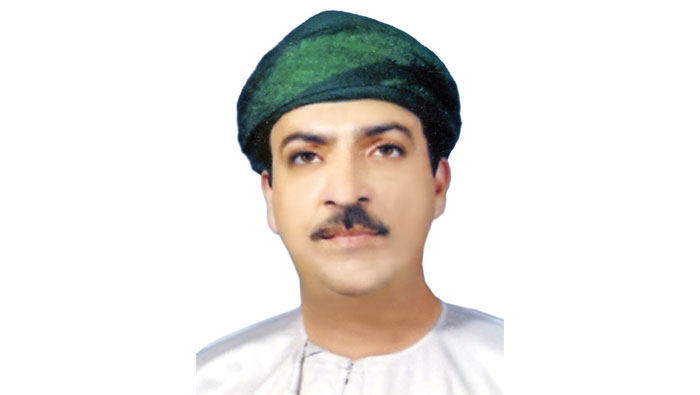
Islamic society is a society of texts, and Islamic civilisation has been built upon a single holy text, the Noble Quran. This book is not only for the Islamic Ummah, as the knowledge it contains is not exclusively meant for any one nation.
If we maintain that the Quran is the last of the heavenly texts, then just as the Bible was the birth of a Christian nation, and the Torah was the birth of a Jewish nation, then the Holy Quran is also the birth of a global civilisation to govern the globe with the rule of Allah. The governance of the Quran has not been a reason to move away from it, nor was the fear of righteousness since the Quran is the wellspring of Quranic texts and has no place for fault.
In order for this holiness to last until the Day of Judgment, it required three elements: The Sender (Allah), the Receiver (A human prophet), and a Medium (a personified angel). The prophet cannot speak anything of the message without God’s directives, and this direction cannot take place except using a medium between Allah and his prophet, which is the revelation. Sayyida Aisha, the Mother of Believers was asked to describe the Prophet (PBUH) and she simply stated: “Verily, the character of the Prophet of Allah was the Quran.”
The truth is that the Quran as a holy text is the revelation itself. What we otherwise find in terms of additions, explanations and attempts at jurisprudence (attempts to explain a text and come to conclusions from it) are simply human efforts, and therefore not considered holy. Mixing these two concepts can create cognitive dissonance, which is what we see in our modern reality, where the new inheritance or ‘narrations’ of the Islamic heritage is considered higher than the revelation itself in most Islamic sects, as there is no Islamic school or sect that has maintained a correct heritage of narratives. Here the following question becomes reasonable: should we look into the story and who told it?
The answer is yes, they must be looked into. This is because the communal mentality in the cultural or social environment, generally speaking, is a mentality of orders and an authority to direct others, as well as the authority to command and forbid. This mentality gains its legitimacy from the constant feeling of an outside force, and it affirms its own convictions and how to deal with the outside environment, which leads to that mentality and authority gaining a holy status. In that case, the narrative heritage looks for its religious legitimacy and a connection to the text which has taken root in the mind of a Muslim individual, to the point where the heritage cannot accept critique or doubt or change. There have been multiple intellectual approaches which have discussed this issue. There are those who believe that the authority to be referenced is for the Hadith itself and the Quran has nothing to do with it, and that because of that the Hadith must be taken in isolation outside the framework of history, and that it has nothing to do with sociological or technological changes. Others believe that the Quran alone is the only reference for all Islamic knowledge, thereby cancelling out the role of Hadith because they believe that it can be doubted, while others believe that the Quran is the source and is so a pivot, and that the Hadith revolves around that pivot.
If we consider the above then we will find that the Quran is and ought to be the original source that all of our subsequent religious constitutions and laws come from, as it is undisputed. As for the Sunna and Hadith, they come in order to explain what has been discussed in the Holy Quran. Allah said: And We revealed to you the message that you may make clear to the people what was sent down to them and that they might give thought. (Surat Al Nahl, Ayah: 44). Researchers have said about the role of the Sunnah that it is the method of making regulations in light of the constitutional formations and laws of the Quran, as there can be no legislative council or other constitution besides.
There are experts of the aforementioned constitution who can be consulted to measure their laws against the original constitution. Because of this, there was a need to begin with experts on the Quranic constitution before there was a need to find experts for the Hadith or Al Riwaya (the narrative of what has been told of the Hadith). In this case,
when the experts on the Hadith come with a Fatwa, they would present it to the experts of the Quran’s constitution, which is called ‘presenting the Hadith to the Quran’.
If the Quran agrees, then we accept it and if it does not then we leave it. There is no doubt that the effect of going back to reference the Quran in this way, as it is the source, will birth a culture of dialogue to replace the culture of force. Moving from the concept of inherited religious thought to the holistic Quranic thought would cause changes in society by lifting the veil of misunderstanding and mystery regarding misconceptions which have ruled over groups of people who have interpreted the heritage of narratives in a wrong way which aligns with their own thoughts and beliefs, groups which have legislated for themselves with mandates of extremism and actions that go against the spirit of the Quran.